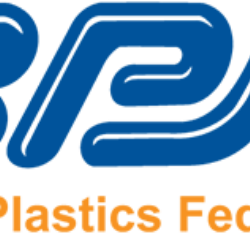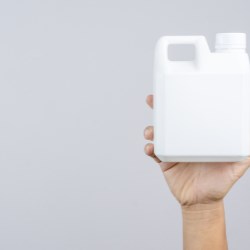If this is your company, CONTACT US to activate Packbase™ software to build your portal.


- The BPF has released a vision document intended to drive innovation and improve UK recycling rates
- The action is part of a new industry vision to see 100% of plastic packaging reused, recycled or recovered
- The BPF is also consulting its members, together with leading brands and retailers, on a range of key interventions that the plastics industry can make to help reduce the impact of plastic waste on the environment.
The British Plastics Federation (BPF) has launched Plastics: A Vision for a Circular Economy — a document outlining a range of key proposals intended to drive innovation in the plastics sector and improve UK recycling rates. The headline measures announced by the BPF today are part of a new industry vision to ensure 100% of plastic packaging and single-use items are reused, recycled or recovered by 2030.
Adopting the principles of circularity laid out in the government’s UK Industrial Strategy could lead to a low carbon manufacturing revolution, creating jobs and wealth as we establish a world-leading circular economy. To help the government deliver upon its commitments, the BPF has two ambitious goals leading up to 2030 and hopes to work with all relevant stakeholders to ensure they are met.
Zero plastic packaging to landfill
The UK plastics industry would like to see all plastic packaging and single-use items re-used, recycled and/or recovered by 2030. Some leading brands and retailers have already committed to using only reusable, recyclable or compostable packaging by 2025, and the BPF is a signatory to WRAP’s UK Plastics Pact. The intention is for this to be the first milestone towards stopping plastics entering landfill by 2030.
Minimising plastic entering the sea from the UK
The plastics industry supply chain, including brands and retailers, leading experts in waste management and recycling, and academics have already pledged to work collaboratively towards developing a comprehensive plan to significantly reduce plastic leaking into the wider environment in the UK through the BPF’s Marine Litter Platform (MLP).
To help achieve these aims, the plastics industry has already proposed extending and revising the current Packaging Recovery Note (PRN) system. The BPF believes that the current PRN system should be extended to include plastic items that are not packaging products but are products used in conjunction with food and drink consumed ‘on the go’, such as cutlery or straws. However, revisions to the current system need to support the development of the UK’s recycling infrastructure. Evidence suggests that collaborative work is also needed to deliver anti-littering, behaviour-change and educational campaigns to maximise recycling and stop plastic entering the marine environment from our shores.
The document also explains how the plastics industry would like to help deliver a streamlined recycling system, simplifying communication and eliminating confusion for the consumer. Evidence suggests that adopting consistent collection schemes throughout the UK (both kerbside and ‘on the go’), which means every council collecting the same products for recycling, would be a major step forwards.
The BPF will also be consulting its members with the aim of agreeing a set of traffic light systems and best practice design tools. It is hoped that this will encourage brands and retailers to make the best decisions when designing their products.
Philip Law, Director-General of the British Plastics Federation, said:
“Plastic waste is an urgent issue and all of us have a shared responsibility to do something about it. As an industry, we want to play our part in reducing plastic waste so we leave the environment in a better place for generations to come.
Our ambition is to agree upon industry-standard traffic light systems and best practice design tools that can be used by manufacturers to advise brands and retailers on the recyclability and sustainability of their products.
As an industry, we will also continue to invest in innovation so that we can realise our vision to see 100% of plastic packaging reused, recycled or recovered.
We will work with government to make it easier for consumers to consistently recycle plastic products wherever they live in the UK.
The action we have announced today is driven by our passion for seeing our products used even more sustainably.”
















